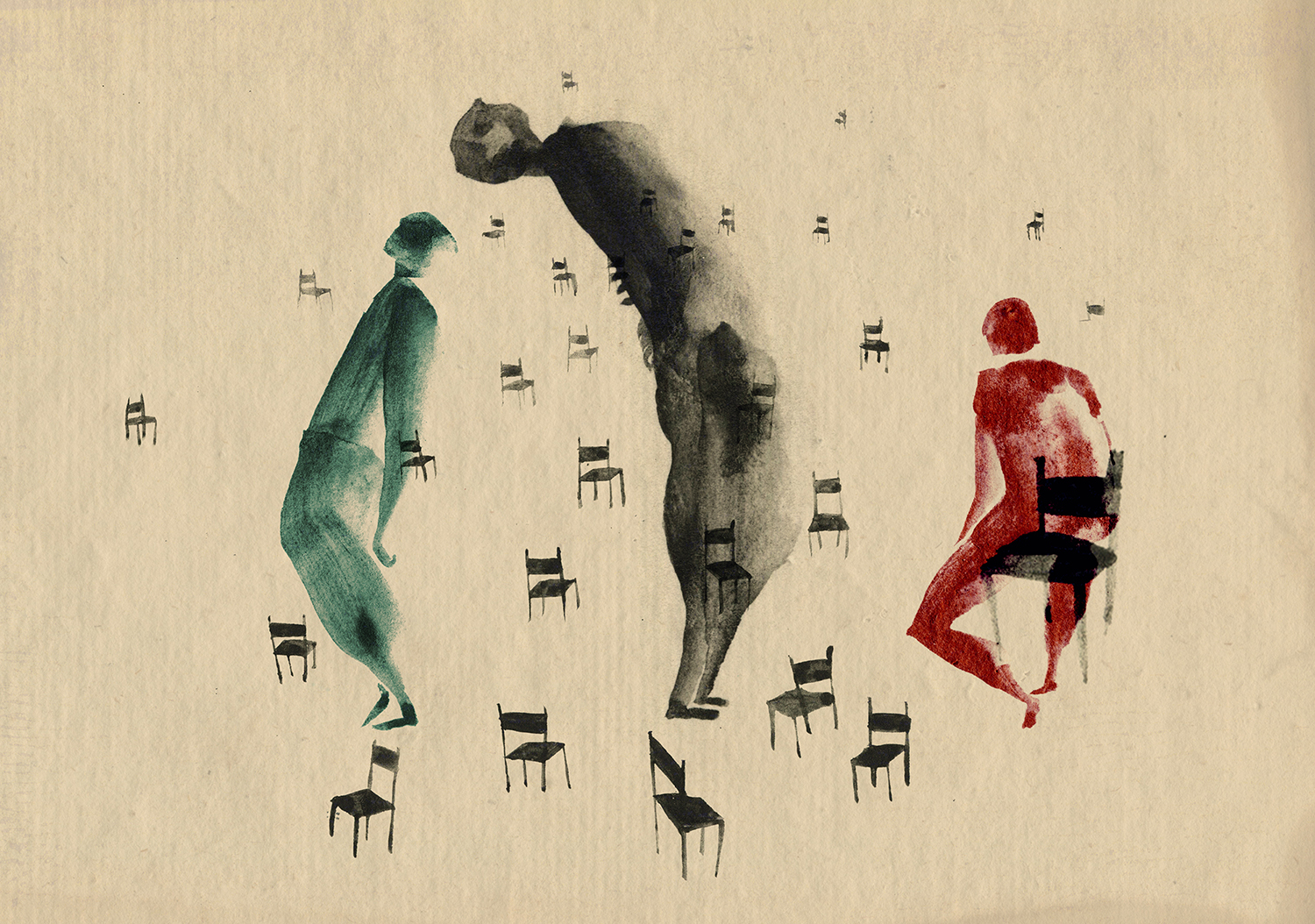By clicking “Accept All Cookies”, you agree to the storing of cookies on your device to enhance site navigation, analyze site usage, and assist in our marketing efforts. View our Privacy Policy for more information.


“The world is held together… by the love and the passion of a very few people.”
— James Baldwin
Talking about love is not something we do in our work.
In the not-for-profit sector, like many others I am sure, everything we do gets broken down into projects, issues, coalitions, budgets, goals and outcomes, each one with its matching forms and policies. This often leads us into one way of operating, of seeing the world, and even one way of building partnerships.
Yet we rarely talk openly about what makes good relationships in our professional lives. This is somehow only reserved for our personal lives. But why is there a difference?
Perhaps this might make sense in some professions, but in a field where the aim of our work is to make a positive contribution to our world, this might be harming our overall success. By overlooking the human elements of our relationships, they become either competitive or extractive, with power imbalances rarely examined and acknowledged.
Of course, we cannot always choose who we work with and how. Sometimes we are forced into partnerships by circumstance or funding. We all probably have experience of that last minute invitation from a group we’ve never heard of, who are scrambling to find partners for joint funding applications.
When collaboration becomes a necessity rather than a shared vision, we spend too much time looking at what the other one is doing; becoming critical and competitive for funding, attention or recognition. Or the relationship becomes extractive and there is an ulterior motive; we want something from others or they want something from us, be it information, advice or even gratitude. Even the act of helping or giving carries expectations.
Too often, we take a linear and practical approach to achieving our goals: get this law changed, or get this policy adopted, get this politician to change their mind - without thinking about the relationships that make this possible. But are we not setting ourselves up for failure? While these can be worthwhile and hard fought battles, they are often, in turn, lost in the blink of an eye when they are not grounded in deep and honest relationships.
Harsha Walia, who has written extensively about successful movements, says that the hardest - but most important - part of a movement is the building of relationships. Everything we achieve that has a lasting positive impact is because of the connections we build.
This is true in both our personal lives, and also for our organisations. What if we tried viewing our work as simply a web of relationships? Some formal, some informal, some short lived, some long term - not focusing on outcomes but instead acknowledging the emotions that each carry and how our role speaks to our skills, talents and personalities?
It would not be an easy task. Activist and Poet Yolo Akili talks about emotional justice, which requires that we find feeling behind the theories. He observes how hard this is for many activists “because historically most activist spaces have privileged the intellect and logic over feeling and intuition.”
Within CRIN, we have gone through many iterations of what it means to be a network, in its many shapes and forms. Yet we struggle to move beyond discussing what a network is and how it should function, rather than simply focusing on improving the quality of the relationships that make up our collective struggles.
Like Poet David Whyte said “if you drop down to the very frontier of your artform, this is a place of no competition, there are no other musicians in the world except ones to collaborate with, there are no other poets in the world except those to co-celebrate the world which we inhabit, because your voice, your way of playing, your artistry is absolutely and completely unique.”
Words, Veronica Yates and illustration, Miriam Sugranyes

“They called it woke but it was being aware. It was defensive, it was what any mother would tell their Black boys, ‘you better watch out, be aware of your surroundings, you know that you move through space and time in a different manner than white people. You better be woke.’” — Peggy Parks Miller


“The hour is late. But the victory of tyranny over justice is not inevitable. This is our 1930s moment. Read history. Find courage. Resist this.” — Craig Mokhiber